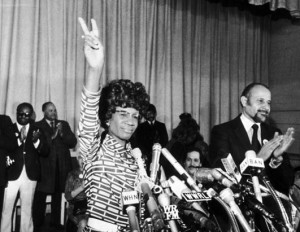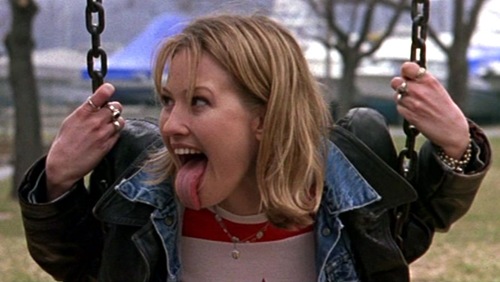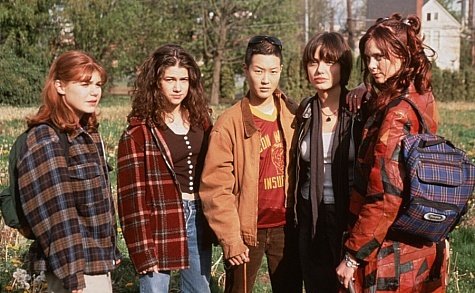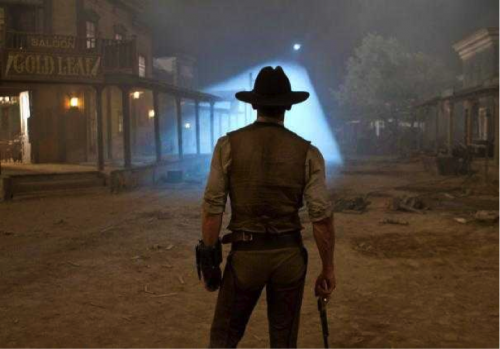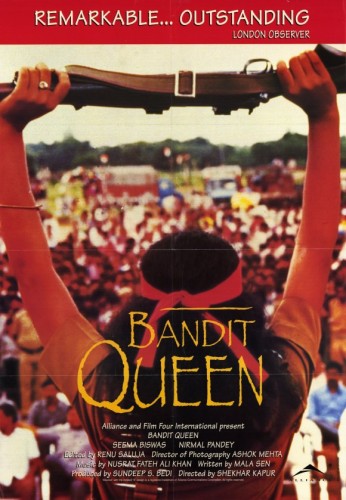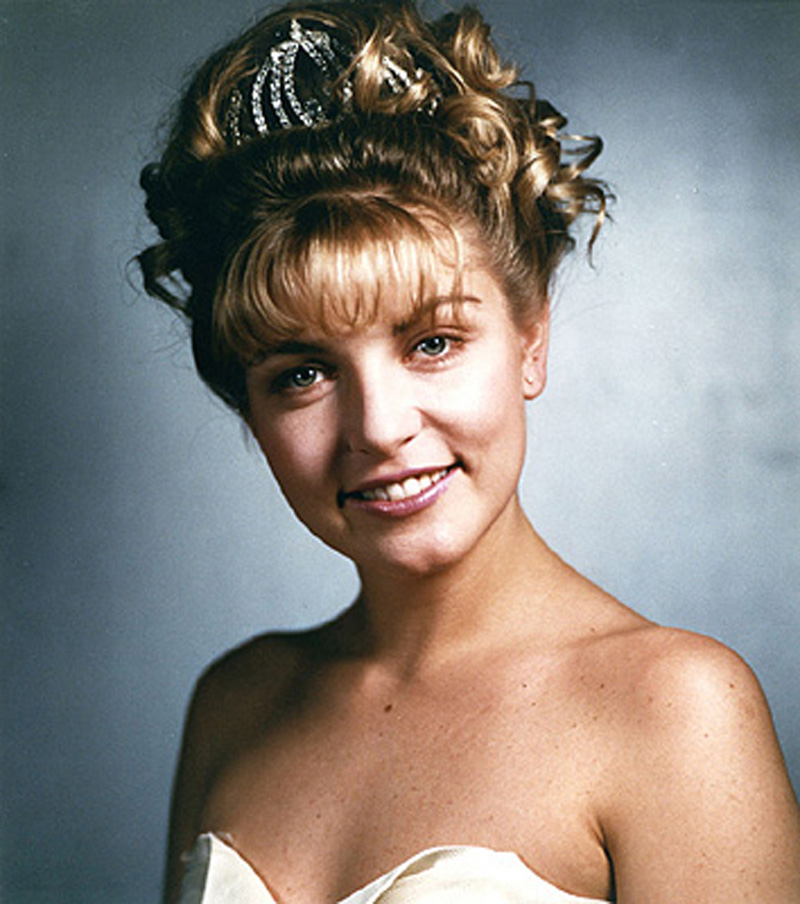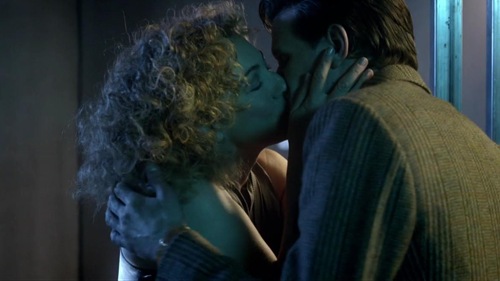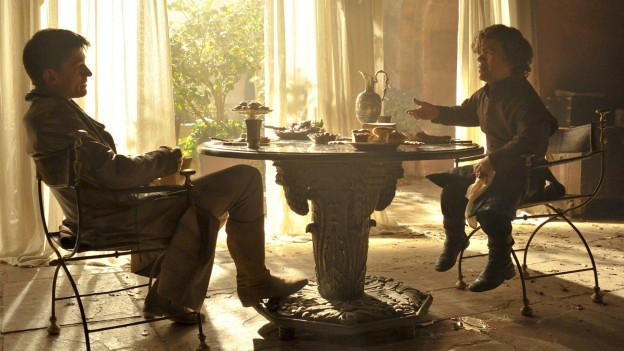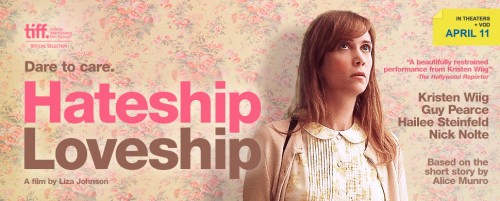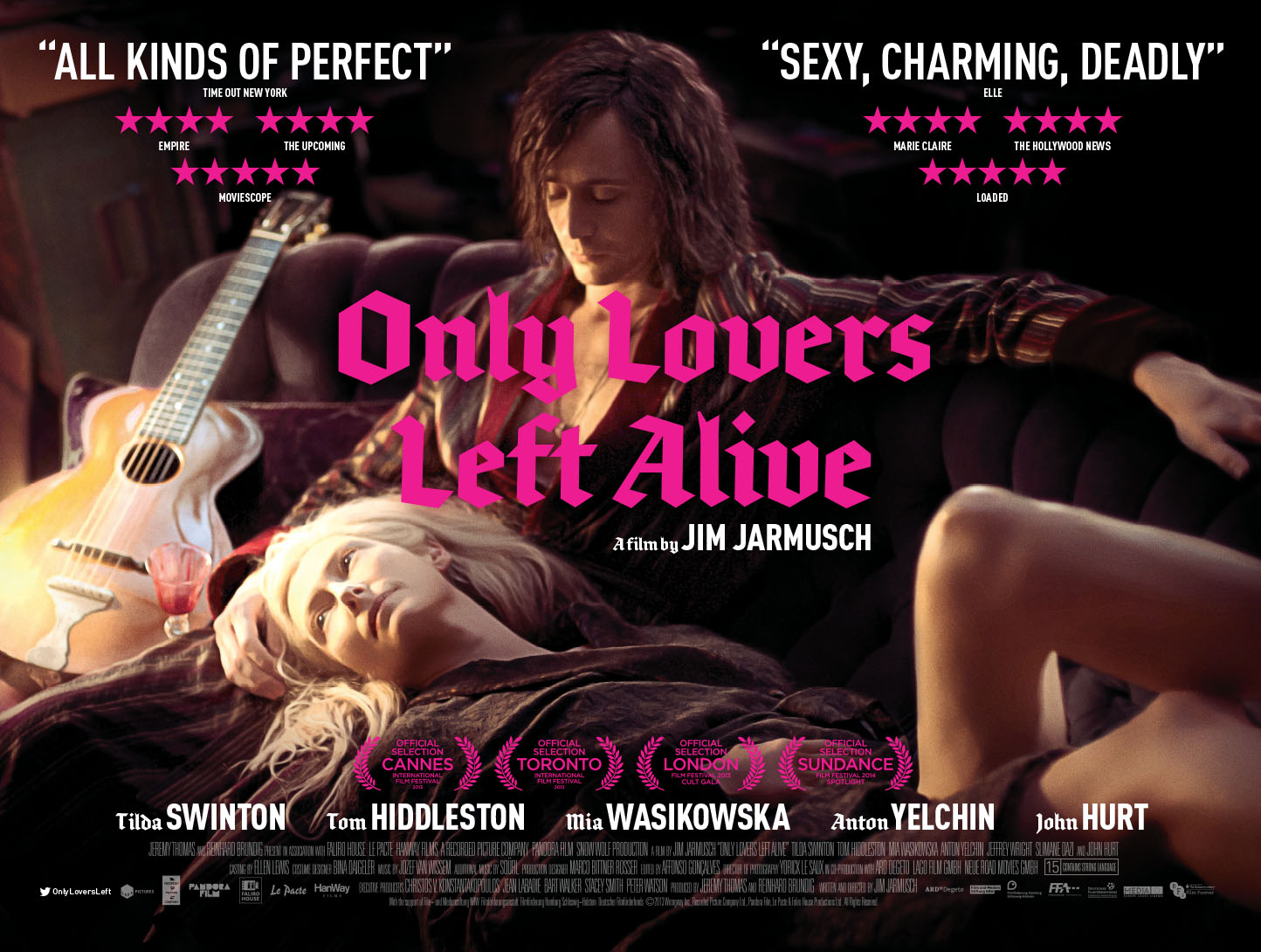History We Need: ‘Chisholm ’72’
Directed by Shola Lynch, the 2004 documentary ‘Chisholm ’72: Unbought and Unbossed’ tells the story of Chisholm’s campaign for her party’s nomination, and without even trying to, the film offers a necessary antidote to popular culture representation of the dominant white male supremacist lens of history-making that is reified when it goes unchallenged.
